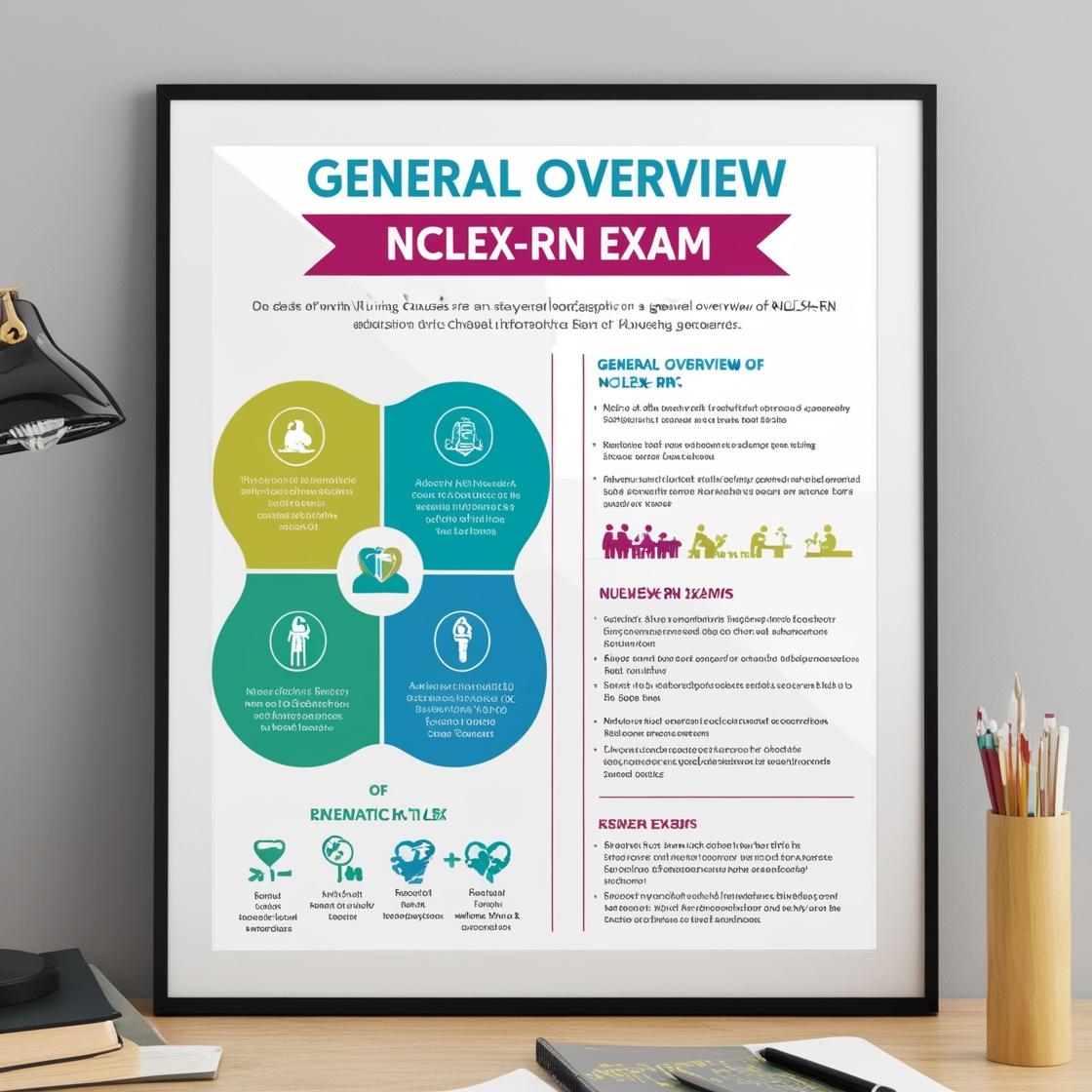NCLEX-RN
NCLEX Psychosocial Questions
1. A Hispanic patient complains of abdominal cramping caused by empacho. Which action should the nurse take first?
- A. Ask the patient what treatments are likely to help
- B. Massage the patient's abdomen until the pain subsides.
- C. Administer prescribed medications to decrease the cramping
- D. Offer to contact a curandero(a) for a visit to the patient
Correct answer: A
Rationale: When a Hispanic patient presents with abdominal cramping related to empacho, it is crucial for the nurse to first understand the patient's cultural beliefs and preferences before initiating any interventions. In the case of a culture-bound syndrome like empacho, it is essential to acknowledge and respect the patient's cultural background. While options like administering medications, arranging a visit by a curandero(a), or providing massage may have potential benefits, assessing the patient's beliefs ensures that interventions are culturally sensitive and aligned with the patient's values. By engaging the patient in a discussion about potential treatments, the nurse can gather valuable information to tailor care effectively, promoting trust and collaboration in the healthcare process. This patient-centered approach enhances the quality of care and fosters a culturally competent nursing practice. Therefore, asking the patient about preferred treatments is the most appropriate initial action to address the patient's condition effectively.
2. Which statement best describes the pathophysiology of dementia of the Alzheimer type?
- A. There is a genetic predisposition and dysregulation of neurotransmitters.
- B. The dementia is transient and secondary to a physical imbalance or disorder.
- C. Hypoxia and decreased perfusion of select areas of the brain cause tissue damage.
- D. The presence of amyloid plaques is associated with brain tissue destruction.
Correct answer: D
Rationale: In Alzheimer's disease, the accumulation of amyloid plaques in the brain is a hallmark feature. These plaques are associated with the destruction of brain tissue, contributing to the cognitive decline seen in dementia. Genetic predisposition and dysregulation of neurotransmitters are factors linked to the development of Alzheimer's disease, but the primary pathology lies in the amyloid plaques. Transient dementia is not characteristic of Alzheimer's disease, which is a progressive neurodegenerative disorder. Hypoxia and decreased perfusion are more typical of vascular dementia, where blood flow to the brain is compromised.
3. A client decides to have hospice care rather than undergo an extensive surgical procedure. Which ethical principle does the client's behavior illustrate?
- A. Justice
- B. Veracity
- C. Autonomy
- D. Beneficence
Correct answer: C
Rationale: The correct answer is 'Autonomy.' Autonomy refers to an individual's right to make decisions about their own care. In this scenario, the client is choosing hospice care over surgery, demonstrating their autonomy in making healthcare choices. Justice involves fairness and equality in the distribution of resources and services, which is not the primary ethical principle illustrated in this case. Veracity pertains to truthfulness and honesty, which is not directly related to the client's decision-making process. Beneficence refers to the duty to do good and act in the best interest of the patient, which is not the central ethical principle demonstrated by the client's decision for hospice care.
4. While explaining an illness to a 10-year-old, what should the nurse keep in mind about cognitive development at this age?
- A. They are able to make simple associations of ideas.
- B. They are able to think logically in organizing facts.
- C. Interpretation of events originates from their own perspective.
- D. Conclusions are based on previous experiences.
Correct answer: B
Rationale: The correct answer is that 10-year-olds are able to think logically in organizing facts. At this age, children are in the concrete operational stage according to Piaget's theory of cognitive development. In this stage, they can understand and organize information logically and can manipulate objects mentally. Choice A is incorrect because simple associations of ideas are more characteristic of earlier developmental stages. Choice C is incorrect as it refers to egocentrism, which is more typical of the preoperational stage. Choice D is incorrect as basing conclusions on previous experiences is a broader concept that applies across different ages and stages of development, rather than being specific to 10-year-olds in the concrete operational stage.
5. When doing an admission assessment for a patient, the nurse notices that the patient pauses before answering questions about the health history. Which action by the nurse is most appropriate?
- A. Interview a family member instead.
- B. Wait for the patient to answer the questions.
- C. Remind the patient that you have other patients who need care.
- D. Give the patient an assessment form listing the questions and a pen.
Correct answer: B
Rationale: When a patient pauses before answering questions about their health history, it is important for the nurse to be patient and wait for the patient to answer the questions. Patients from different cultures may take time to consider a question carefully before responding. By waiting patiently, the nurse shows respect for the patient's pace and helps foster a trusting relationship. Asking a family member to answer instead may not provide accurate information from the patient themselves. Reminding the patient about other patients needing care could make the patient feel rushed or unimportant. Giving the patient an assessment form and pen does not address the underlying reason for the pause and may come across as dismissive of the patient's need for time to respond thoughtfully.
Similar Questions

Access More Features
NCLEX RN Basic
$69.99/ 30 days
- 5,000 Questions with answers
- Comprehensive NCLEX coverage
- 30 days access @ $69.99
NCLEX RN Premium
$149.99/ 90 days
- 5,000 Questions with answers
- Comprehensive NCLEX coverage
- 30 days access @ $149.99
